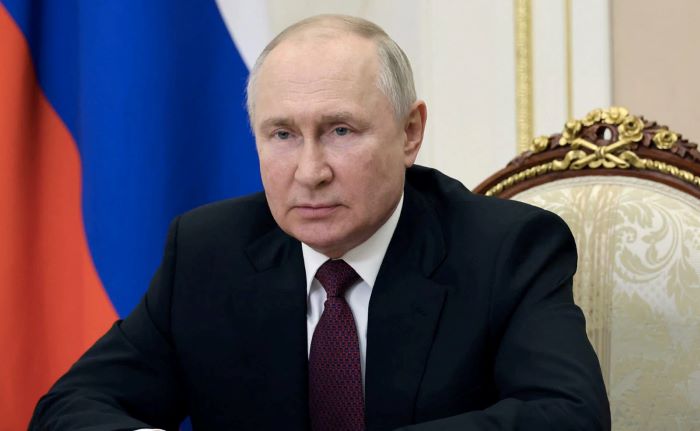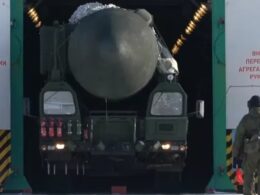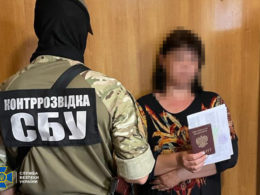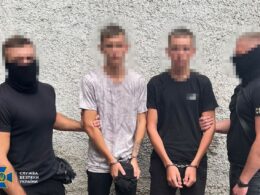Russian leader Vladimir Putin portrayed the Federal Security Service (FSB) as a key guarantor of Russian security and sovereignty in his first major address following his “victory” in the presidential election, the Institute for the Study of War (ISW) reported on 20 March.
Putin's appeals to the FSB likely signal that Russian security services and siloviki (Russian strongmen with political influence) will continue representing Putin's core constituency in his fifth presidential term.
“One of the greatest challenges to the stability of Putin's rule came from a silovik, deceased Wagner Group financier Yevgeny Prigozhin,” ISW reported
. Therefore, Putin may be "highlighting the FSB as an organization that has his current favor."
Putin delivered the speech at the FSB board meeting on 19 March, thanking FSB officers for “successful operations in Ukraine, for suppressing attempts to interfere in Russian internal affairs, and for repelling 'terrorist' attacks against Russia.”
Highlighting the FSB's roles, Putin said its responsibilities to "ensure Russia's economic security, combat corruption, and protect critical infrastructure." These remarks likely signal that Russian security services and siloviki (Russian strongmen with political influence) will continue representing Putin's core constituency in his fifth presidential term.
"Putin's appeals to these FSB functions likely sought to remind his domestic constituency that his regime has the backing of an extensive security apparatus," the ISW reported, noting the Kremlin's attempts to expand this apparatus since the Ukraine invasion.
ISW also reported that even though Putin may be "highlighting the FSB as an organization that has his current favor," he has traditionally pitted security organizations against each other to prevent any single entity from amassing too much power.
Read also:
- Fraud, coercion, 90%+ for Putin: how Russia staged a sham election in occupied Ukraine
- ISW: Ukraine unlikely to have hit Russian helicopter in Transnistria
- ISW: Russia seeks to incite protests among Ukrainian POWs’ relatives





